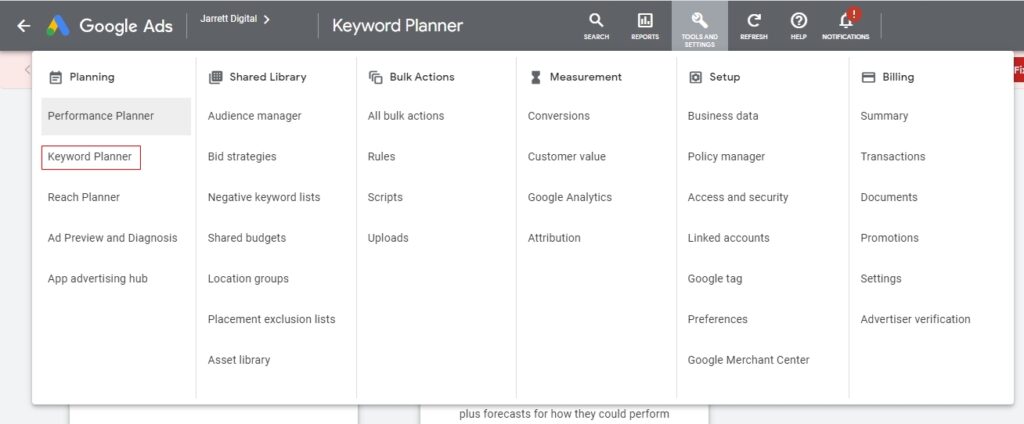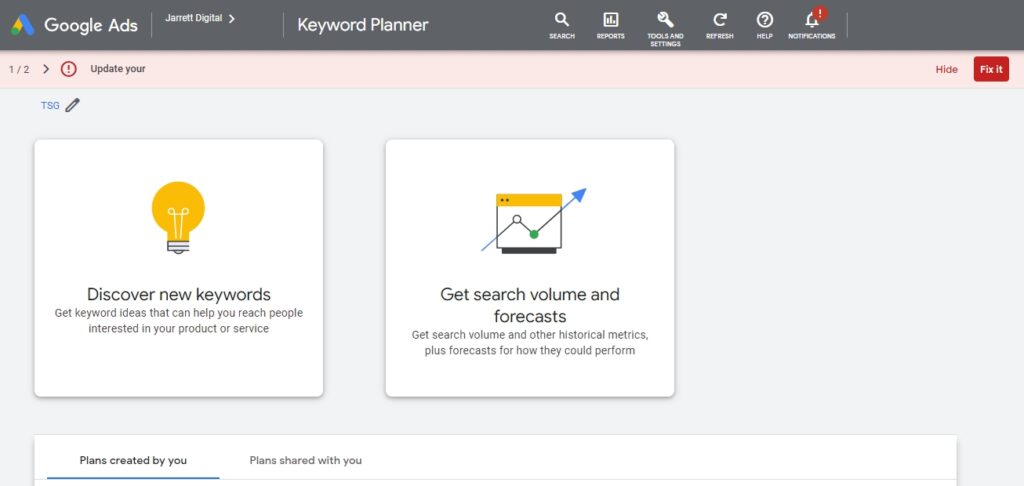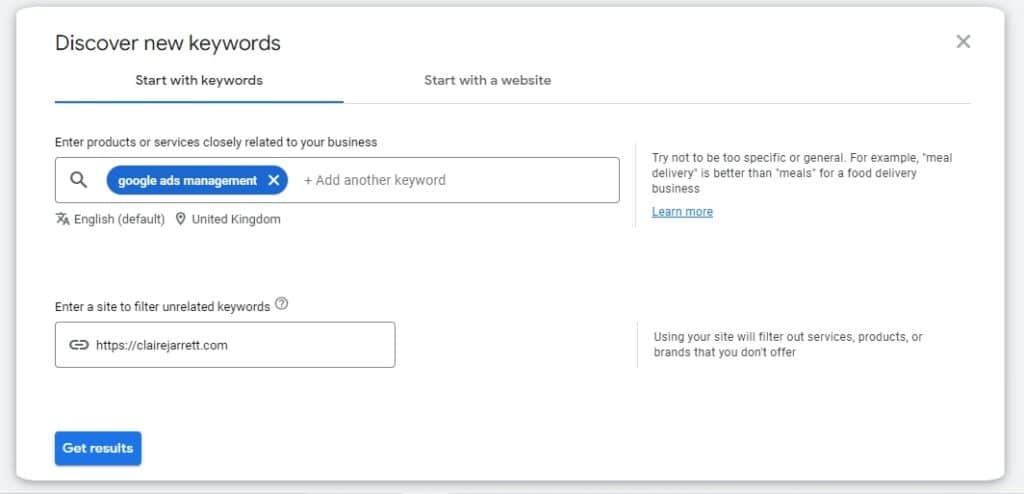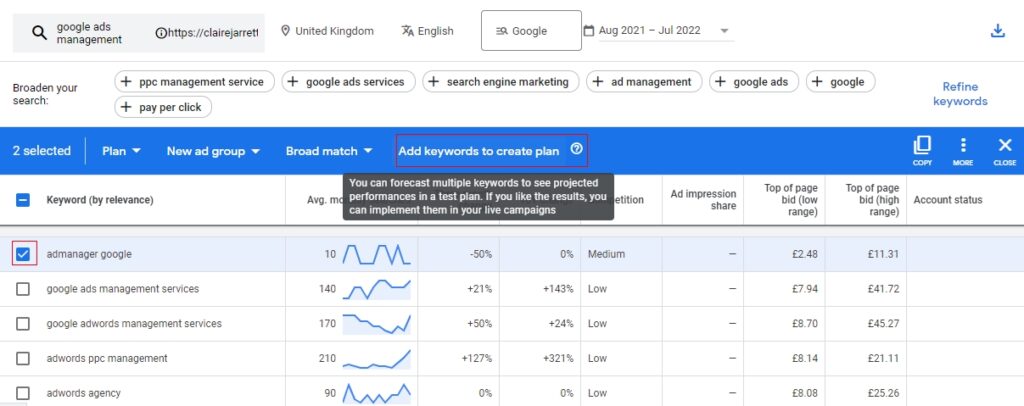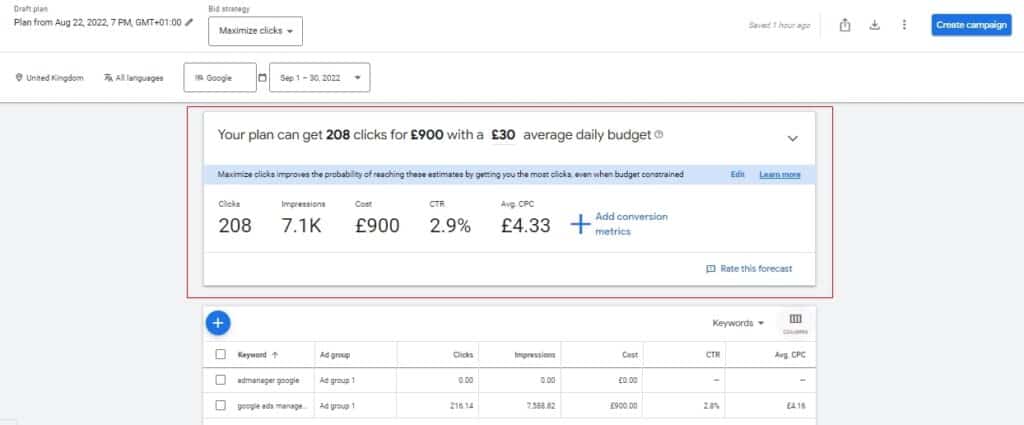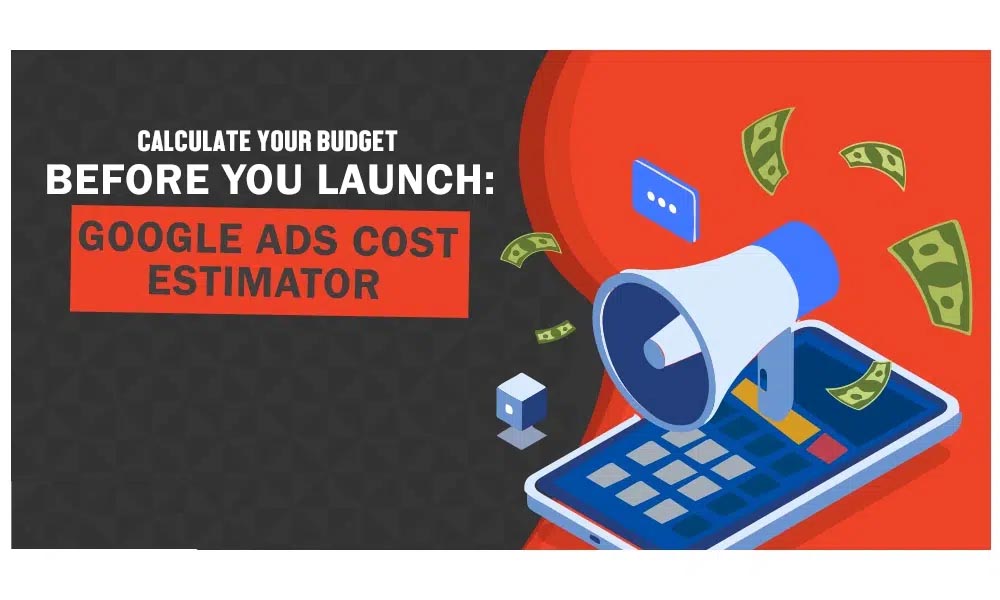 Diving into the waters of Google Ads can feel intimidating, especially if you don’t know the cost upfront. And while there’s not a special formula to determine the cost, this article will serve as your Google Ads cost estimator and show you how to calculate your budget before you launch.
Let’s take a look!
Diving into the waters of Google Ads can feel intimidating, especially if you don’t know the cost upfront. And while there’s not a special formula to determine the cost, this article will serve as your Google Ads cost estimator and show you how to calculate your budget before you launch.
Let’s take a look!
First: Understand Your Target ROAS
Before you start spending money, you need to have the right mindset. Many of my clients believed they could simply give money to Google and let its algorithms handle the rest. This leads to poorly optimised campaigns that generate low returns. Google still can’t manage your campaigns for you. And maximising your results isn’t as simple as increasing your bids or paying more. Instead, you need to have a profitability mindset. No matter how small your budget is, focus on making the most out of every dollar (or pence) you invest by optimising your campaigns. As your campaigns mature (Google has a learning period where it learns about your campaigns and then starts showing you the full ROI), you’ll unlock new optimisation opportunities that will reduce your cost per click. So even if your CPC is high when using the Google AdWords cost estimator, it won’t necessarily stay that way. When managed right, your Google Ads campaigns will cost less.How to Calculate Your Google Ads ROAS
Advertising budget differs from campaign to campaign, so what works for one campaign won’t necessarily work for another. You must delve into market research to estimate the proper budget. Ideally, you should work backwards:- Figure out the monthly advertising budget
- Allocate a certain percentage to the campaign
- Factor in the time needed to test and optimise (because Google Ads doesn’t provide immediate results)
ROAS = revenue generated / amount spent on the campaignIn general, try to benchmark your ROAS as a 4:1 ratio (£4 earned for each £1 spent), but it depends on your industry, website quality, and – of course – your offer. (I always say you can have the most optimised campaign in the world, but if your offer isn’t enticing to buyers, your marketing won’t be successful.) As a PPC consultant, I don’t suggest going in with a meagre budget. You won’t get enough data to optimise your Google ad campaign. Stick to the minimums for Google Ads budgets and try to increase as soon as you see some returns. Once you get at least 100 clicks for a keyword, you’ll gain insights into how the campaign is performing. Then, you can optimise it further to reduce your cost per click and increase conversions.
Google Ads Cost Estimator: How Much Will Your Google Ads Cost?
Option A) If You Have a Google Ads Account, You Already Have a Google AdWords Cost Estimator
If you have a Google Ads account, kick back and relax because it will evaluate the cost for you. Log in to your Google Ads account, visit the Tools & Settings menu and head to the Keyword Planner. Choose “Discover new keywords.” Add your own or insert your landing page URL to get suggestions from Google. For example, I added a test keyword: “Google Ads management.” Ultimately, you’ll get a list of keywords, volumes, competition level, and bids by position. Then, add the keywords you’re interested in and select “Add keywords to create a plan.” Then, click “Forecast” in the left-hand menu to see an overview of what you can expect to pay based on your location and target keywords: Play around with different average daily budgets to find what feels right for your target ROAS!Option B. Estimate Your Google Ads Costs without a Google Ads Account
If you don’t have a Google Ads account and don’t want to go through the process of setting up a (dummy) campaign, you can use a third-party tool. Personally, I use Spyfu, but you can use tools like SEMrush and free alternatives, too:- Grab the average CPC for your target keywords in your keyword tool
- Look at industry average conversion rates
- Look at industry average clicks
